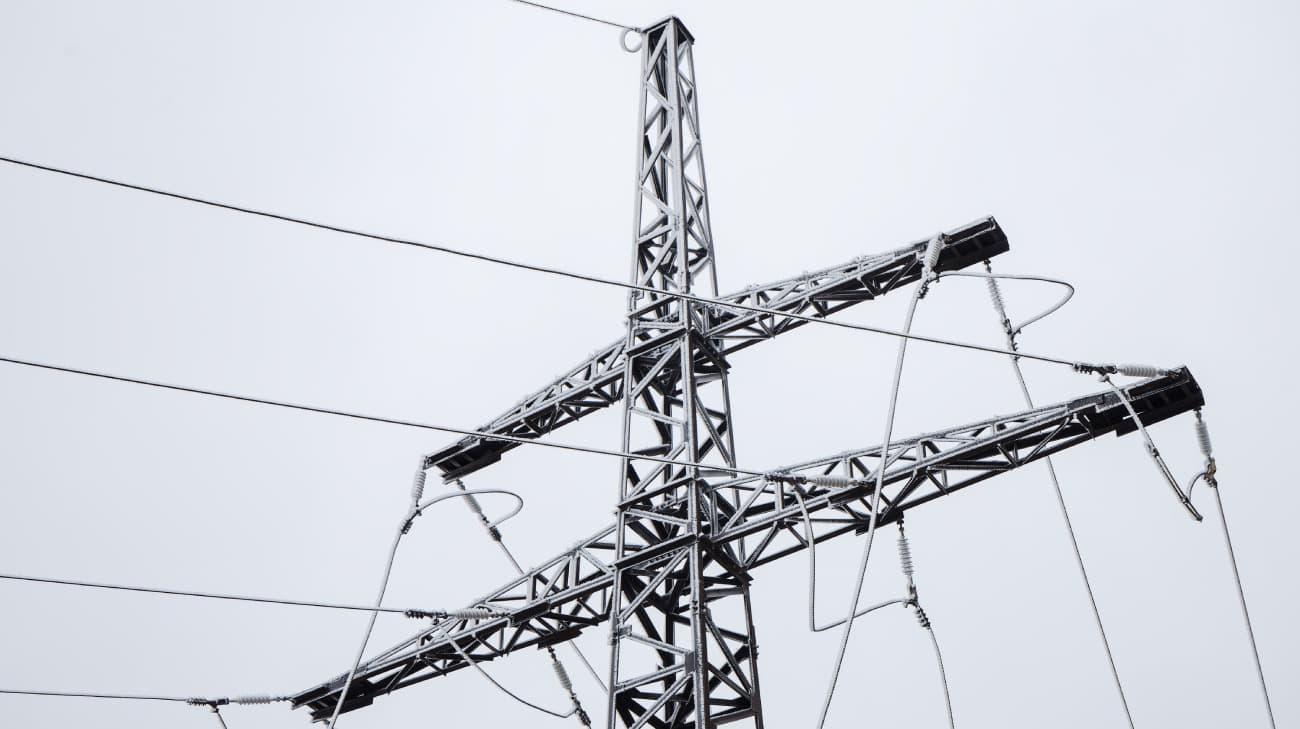Cost still biggest ‘blocker’ of SAF uptake, says Biggin Hill airport boss
Airlines are banking on SAF, a biofuel drawn from cooking oil, to hit looming green targets across Europe without cutting flights.


Cost is proving the biggest hurdle to rolling out green biofuels seen as critical in the race to decarbonise UK aviation, according to the boss of one of Britain’s most well-known business aviation hubs.
Biggin Hill airport’s chief executive David Winstanley said the price of Sustainable Aviation Fuels (SAF) was “still the biggest blocker” to full take-up, despite subsidies from the UK government.
Airlines are banking on SAF, which is made from food waste such as cooking oil and plants, to hit looming green targets imposed across Europe without cutting flights. The UK government has mandated that 10 per cent of total jet fuel demand must be made up by SAF, by 2030.
But there are long-running concerns that the cost of the fuel, which hovers around twice that of traditional kerosene-based jet fuels, will lead to rising ticket fares and slow adoption.
“I would want to see some mature policy on SAF. The price point on SAF now is nearly double jet fuel, so let’s have a sensible discussion about whether we can lower that and encourage more uplift,” Winstanley told City A.M in an interview at the airport.
He supports central government stepping in to incentivise production and uptake among the UK’s largest airlines.
The government in July unveiled a bill specifically addressing Sustainable Aviation Fuel uptake as part of the King’s Speech. The intervention was designed to encourage investment in domestic production, and set out a revenue certainty mechanism for producers who pick the UK.
Ministers are currently aiming to have at least five commercial SAF plants under construction in the UK by 2025.
However, Winstanley stressed other options should also be considered. Both hydrogen and electric power, for example, have also been dubbed as potential solutions as airlines aim to eliminate carbon emissions entirely by 2050.
“I think [SAF] is one of several solutions we should be looking at, but it’s not the only solution. I don’t see one silver bullet anywhere,” he said.
“It has to be biofuels, it has to be more electric vehicles and equipment in use on the airport, it needs to be sustainable development when we’re building infrastructure.”



